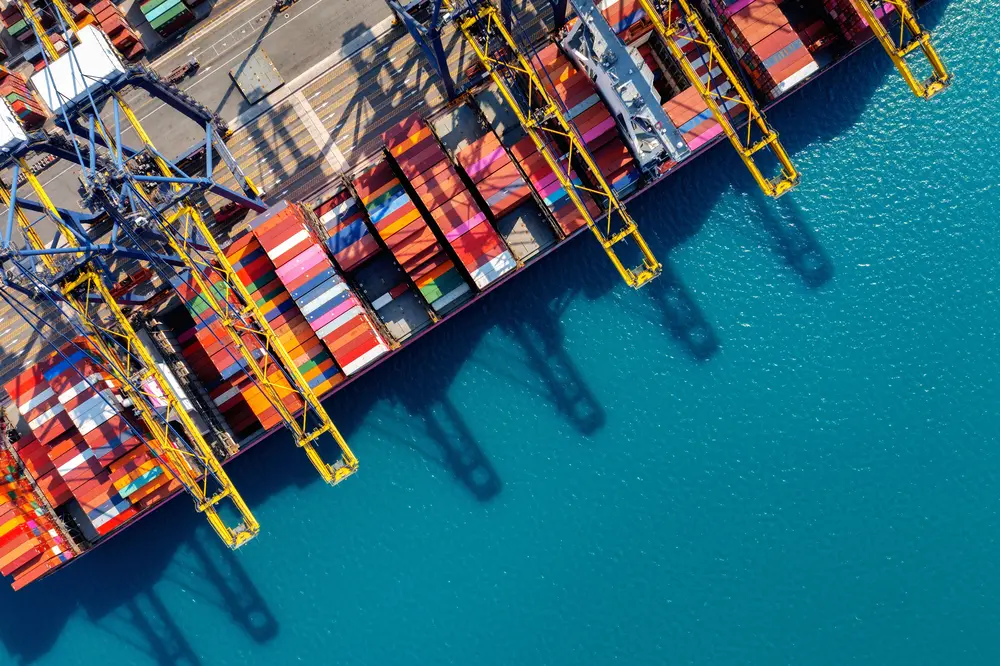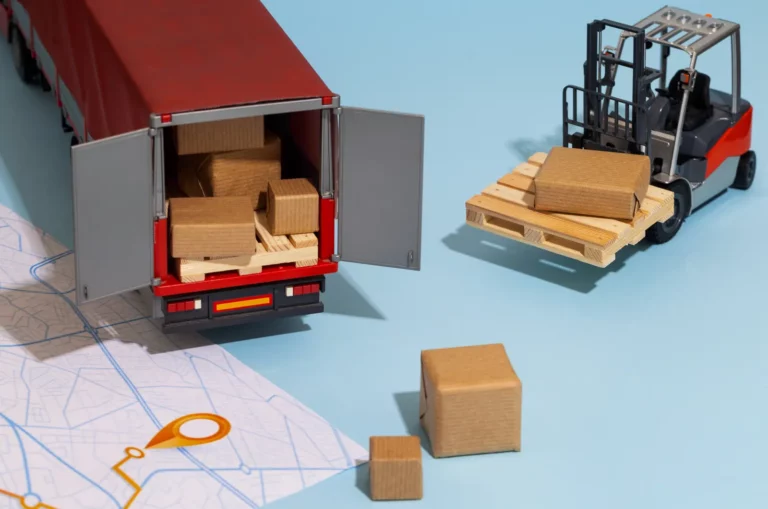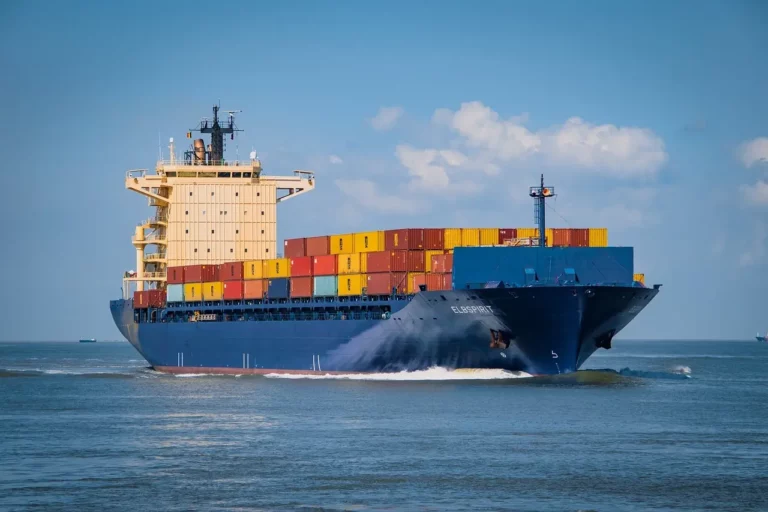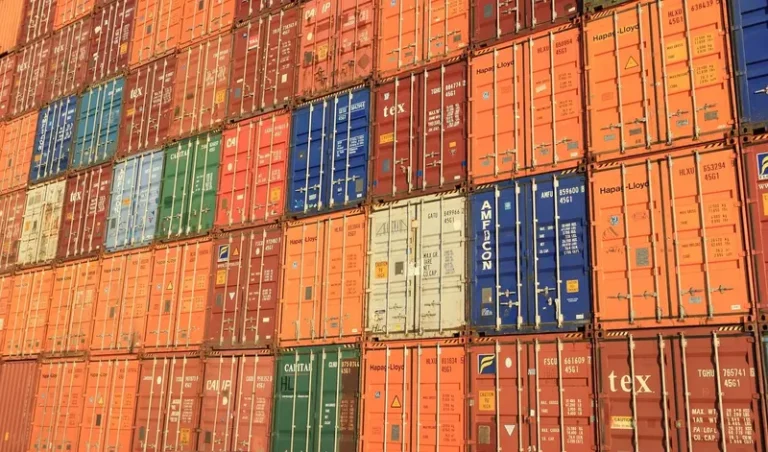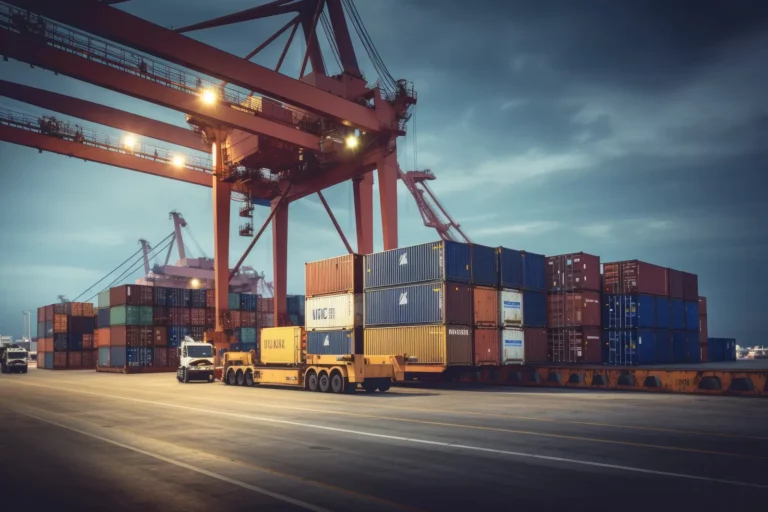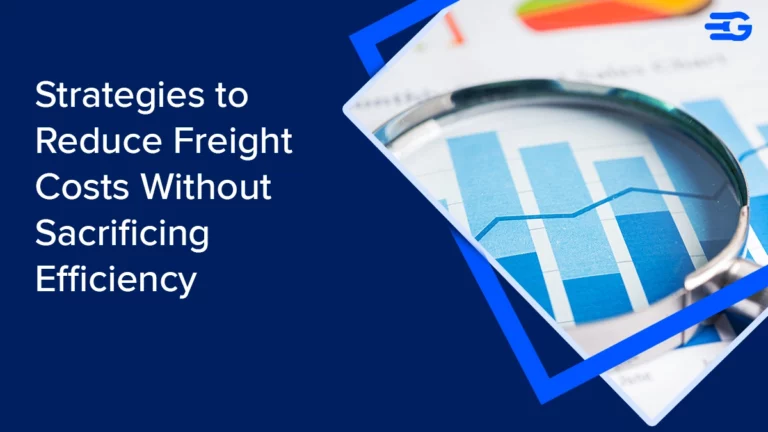Understanding LCL Shipping for Efficient Logistics
LCL Shipping
LCL, or Less than Container Load, is a clever shipping method that revolutionizes how businesses transport their goods. Picture this: you have a bunch of boxes or pallets of merchandise ready to be shipped overseas. But here’s the catch – your shipment isn’t big enough to fill up an entire shipping container. That’s where LCL comes to the rescue.
Instead of waiting around until you have enough cargo to justify a full container, LCL allows you to share space in a container with other small shipments. It’s like pooling resources with other businesses to make shipping more efficient and cost-effective. In other words, you’re not just paying for a whole container when you only need a fraction of the space.
Basic Concepts
Here’s how it works: your goods get grouped with other small shipments, and together they fill up a container. This means you get to enjoy the benefits of ocean shipping without having to foot the bill for an entire container. Plus, since you’re sharing the space and costs with others, LCL shipping is typically more affordable than other shipping methods like air freight.
But LCL isn’t just about saving money – it’s also about flexibility and convenience. Because you’re not tied down to filling up a whole container, you can react quickly to changing shipping needs without worrying about wasted space or resources.
So, whether you’re a small startup trying to break into international markets or a larger enterprise looking to streamline your shipping operations, LCL shipping has something to offer. It’s a smart, cost-effective solution that gives businesses of all sizes the flexibility they need to succeed in today’s global marketplace.
In the following sections, we’ll explore the ins and outs of LCL shipping, including how it works, its benefits and drawbacks, and when it makes the most sense for your business. So sit back, relax, and get ready to become an expert in all things LCL!
Advantages of LCL Shipping
LCL shipping presents a plethora of advantages that make it an appealing choice for businesses of all sizes. Let’s delve deeper into these advantages to gain a comprehensive understanding of why LCL shipping stands out in the world of logistics.
Cost Savings
One of the most significant advantages of LCL shipping is its cost-effectiveness. Businesses only pay for the space their goods occupy within the container, rather than bearing the full cost of booking an entire container. This cost-sharing model allows smaller shipments to benefit from the economies of scale typically associated with larger shipments, resulting in substantial savings. Additionally, LCL shipping eliminates the need for businesses to invest in excessive inventory or storage space, further reducing overall costs.
FlexibilityLCL shipping offers unparalleled flexibility, allowing businesses to adapt to changing shipping needs and market demands seamlessly. Unlike FCL (Full Container Load) shipping, where businesses must wait to accumulate enough cargo to fill an entire container, LCL enables shipments of varying sizes to be dispatched as needed. This flexibility is particularly advantageous for businesses with fluctuating demand or those exploring new markets, as it allows them to ship smaller quantities more frequently without incurring additional expenses.
Access to Multiple Shipping Options
By consolidating shipments from multiple businesses into a single container, LCL shipping provides access to a wide range of shipping options and routes. This access to diverse shipping services allows businesses to choose the most suitable route and carrier for their specific requirements, enhancing efficiency and reducing transit times. Additionally, LCL shipping opens up opportunities for businesses to leverage consolidated cargo for negotiating better rates and terms with carriers, further maximizing cost savings.
Reduced Inventory Costs
LCL shipping helps businesses optimize their inventory management practices and minimize inventory costs. By shipping smaller quantities more frequently, businesses can maintain leaner inventory levels and avoid tying up capital in excess stock. This lean inventory approach not only reduces storage costs but also minimizes the risk of overstocking or stockouts, ensuring optimal inventory turnover and operational efficiency.
Accessibility During Peak Seasons
During peak shipping seasons or periods of high shipping volume, container capacity may be limited, making it challenging for businesses to secure shipment space. In such scenarios, LCL shipping offers a viable alternative, providing greater accessibility and faster transit times compared to FCL shipping. By leveraging LCL services, businesses can ensure continuity in their supply chain operations and meet customer demand even during peak periods.
When to Choose LCL Over FCL
Now let’s try to answer the perennial question in the shipping world: LCL or FCL? It’s a decision that can make or break your shipping strategy, so let’s break it down to make sure you’re making the right choice.
FCL, or Full Container Load, is a shipping method where a single consignee’s cargo fills an entire shipping container. This means that the container is dedicated solely to the shipment of one party, without sharing space with other shippers. FCL shipments are typically used when a business has enough goods to fill a container or when they require the exclusive use of a container for security or logistical reasons.
The Comparison
First up, let’s talk about the size of your shipment. If you’re dealing with a relatively small load – we’re talking a couple of pallets or a handful of boxes – LCL might be your best bet. Why? LCL allows you to share container space with other shippers, which can save you a bundle on shipping costs.
But size isn’t the only factor to consider. You also need to think about speed and urgency. If your cargo includes dangerous goods or you’re in a rush to get your shipment to its destination, FCL might be the way to go. With FCL, your goods get their container, which means faster transit times and less chance of damage.
Now, here’s where it gets interesting: while LCL is great for small loads, it can end up costing you more per cubic meter than FCL. So if your shipment starts to creep up in volume – say, around 10 cubic meters or more – it might be time to consider switching to FCL to get more bang for your buck.
But wait, there’s more! If you’re shipping to an Amazon warehouse, it’s often easier to schedule drop-offs for LCL shipments. Just be aware that you could end up facing extra charges for demurrage and detention if you’re not careful.
Factors Influencing LCL Costs
Several factors can influence the overall cost of LCL shipping. The origin and destination of your shipment play a significant role, as shipping routes with high demand or limited accessibility may result in higher prices. Additionally, seasonal fluctuations in demand can impact rates, with peak seasons seeing higher prices due to increased demand for shipping services.
The weight and volume of your cargo also affect costs, with heavier or bulkier shipments generally commanding higher rates. Moreover, the carrier you choose and their pricing structure can vary, influencing the final cost of your LCL shipment. This entire process of freight cost calculation can be enabled by the online freight shipping rates index calculator.
Comparing LCL with Other Shipping Modes
When deciding between LCL and alternative shipping modes such as air cargo or FCL, it’s essential to consider various factors. While LCL offers cost-effective solutions for smaller shipments, air cargo provides unparalleled speed, making it ideal for urgent deliveries despite higher costs. On the other hand, FCL offers exclusive use of a container, ensuring faster transit times and reduced handling risks, albeit at a higher price point. Evaluating your priorities, including budget, delivery timeframe, and cargo volume, can help determine the most suitable shipping mode for your needs.
Cost-Effective Strategies for LCL Shipping
Optimizing LCL shipping costs requires careful planning and strategic decision-making. Consolidating multiple shipments into a single container can help distribute costs among shippers, resulting in lower individual shipping rates. Booking shipments in advance allows for better negotiation of rates and avoids last-minute surcharges. Efficient packing practices, such as maximizing container space and minimizing voids, can also help reduce logistic costs by optimizing cargo volume. Additionally, leveraging technology, such as freight management software, can provide insights into cost-saving opportunities and streamline logistics operations for greater efficiency.
Additional LCL Fees
In addition to standard shipping costs, several ancillary fees may impact the overall cost of LCL shipping. For example, if you’re shipping goods to an Amazon FBA warehouse, you may incur expenses related to labeling and palletization to meet Amazon’s requirements.
Customs bonds are another consideration, particularly for imports to the US, serving as a financial guarantee for customs duties and taxes. Understanding duty and tax regulations in destination countries is crucial for accurate cost estimation and compliance, as failure to account for these expenses can lead to unexpected costs and delays.
By carefully considering these factors and implementing cost-effective strategies, businesses can effectively manage their LCL shipping costs, ensuring efficient and affordable transportation of goods to their intended destinations.
LCL Shipping with GoComet: A Strategic Approach
GoComet revolutionizes LCL shipping with a strategic approach tailored to meet the unique needs of businesses. By harnessing advanced technology and industry expertise, GoComet empowers organizations to optimize their LCL shipping processes, driving efficiency and cost savings.
Integrating GoComet for Efficient LCL Shipping
Integrating GoComet into your logistics operations transforms the way you manage LCL shipments. The platform offers a comprehensive suite of tools and features designed to streamline every aspect of the shipping process.
From automated freight procurement to real-time tracking and analytics, GoComet provides the visibility and control you need to manage your shipments effectively. By centralizing communication and documentation, GoComet simplifies collaboration between all stakeholders, including shippers, carriers, and freight forwarders.
Imagine you need to ship a small volume of goods via LCL. With GoComet, you can automate the freight procurement process, quickly obtaining quotes from multiple carriers and selecting the most cost-effective option. This saves you time and ensures that you get the best possible rate for your shipment.
Once your shipment is on its way, GoComet provides real-time tracking and analytics, allowing you to monitor its progress every step of the way. You’ll receive updates on location, estimated arrival time, and any potential delays, enabling you to proactively address issues and keep your supply chain running smoothly.
Integrating GoComet into your logistics operations revolutionizes LCL shipping from automated freight procurement to real-time tracking, enabling seamless collaboration and cost-effective LCL shipment solutions.
Getting Started with GoComet for Your LCL Needs
GoComet has a remarkable history of generating concrete cost savings and efficiency enhancements for businesses of all scales. Through the utilization of advanced technologies and strategic methodologies, GoComet facilitates substantial reductions in transportation expenses and makes freight sourcing more efficient and effective.
Getting started with GoComet is straightforward. Sign up for an account on the GoComet platform and gain instant access to a wealth of tools and resources to streamline your LCL shipping operations. Our team of experts is here to provide comprehensive onboarding support and training, ensuring that you maximize the value of the platform from day one. Whether you’re a small business looking to optimize your LCL shipments or a large enterprise seeking to streamline complex logistics operations, GoComet has the solutions you need to succeed in today’s competitive marketplace.
